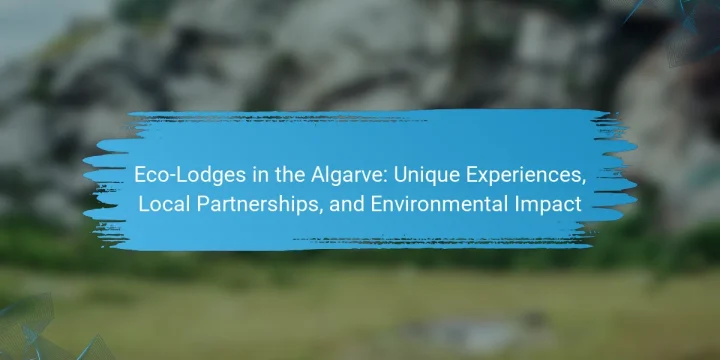
Engaging in eco-conscious activities in Southern Europe offers significant benefits, including reduced carbon footprints and enhanced local economies. This article explores various experiences such as eco-tourism, organic farming, and wildlife conservation. It highlights key locations like the Costa Brava and the Amalfi Coast, emphasizing their unique contributions to sustainability. Additionally, it addresses challenges and future trends in promoting eco-friendly practices across the region. What are Eco-Conscious Activities and Their Importance in Southern Europe? Eco-conscious activities in Southern Europe promote sustainability and environmental awareness. These activities include eco-tourism, organic farming, and wildlife conservation. They foster community engagement and preserve natural resources. Locations such as the Costa Brava and the Amalfi Coast offer unique experiences. Benefits include reduced carbon footprints and enhanced local economies. Engaging in these activities supports biodiversity and cultural…


